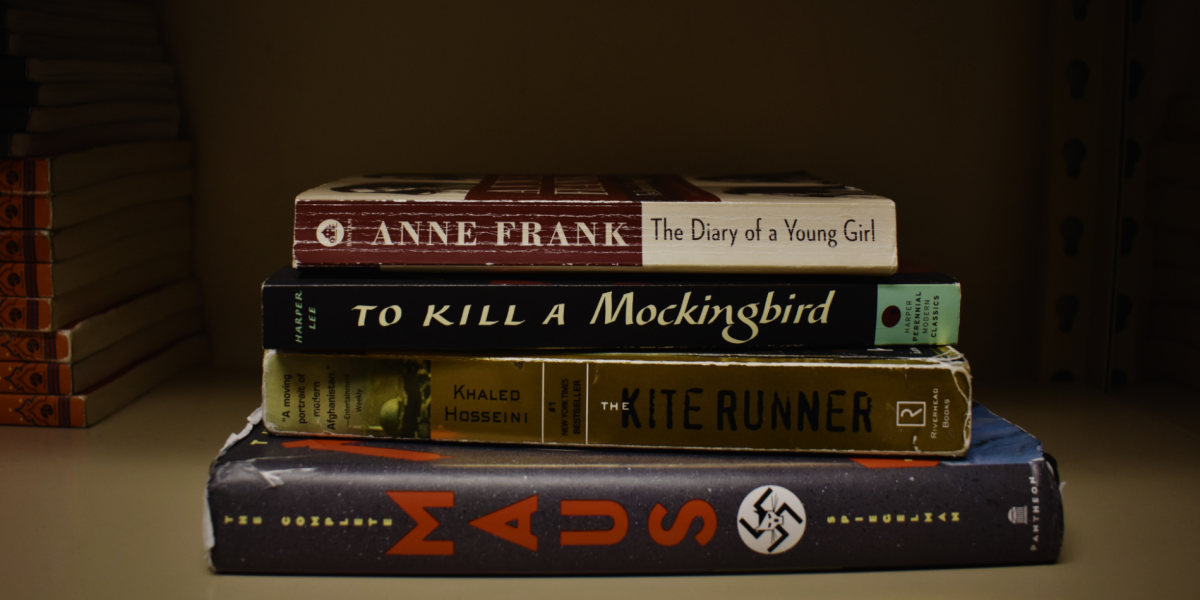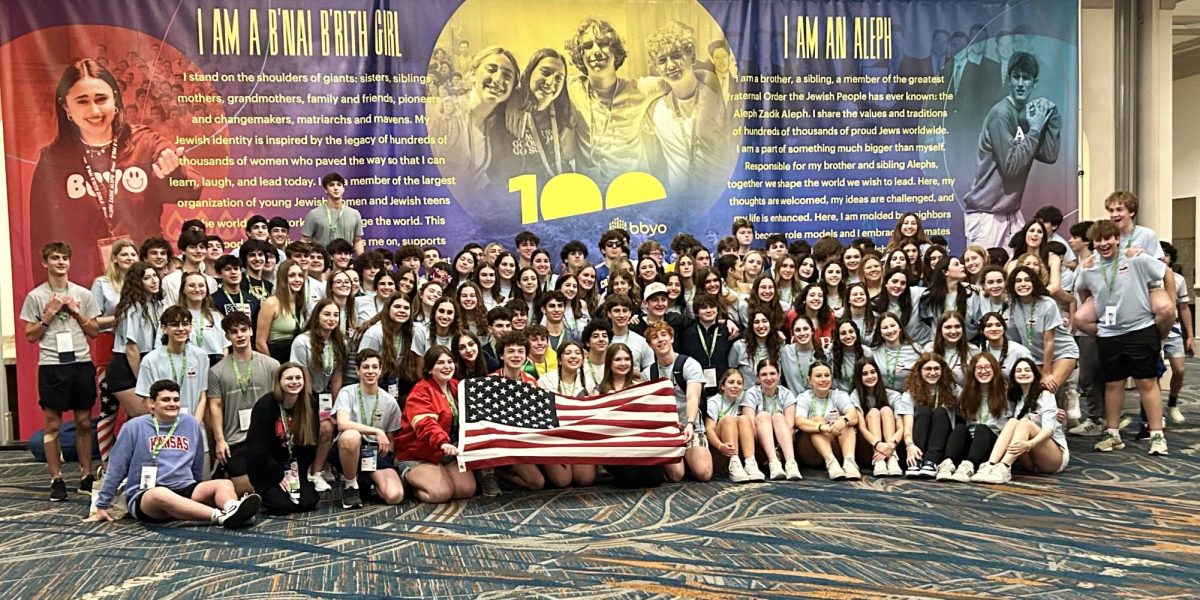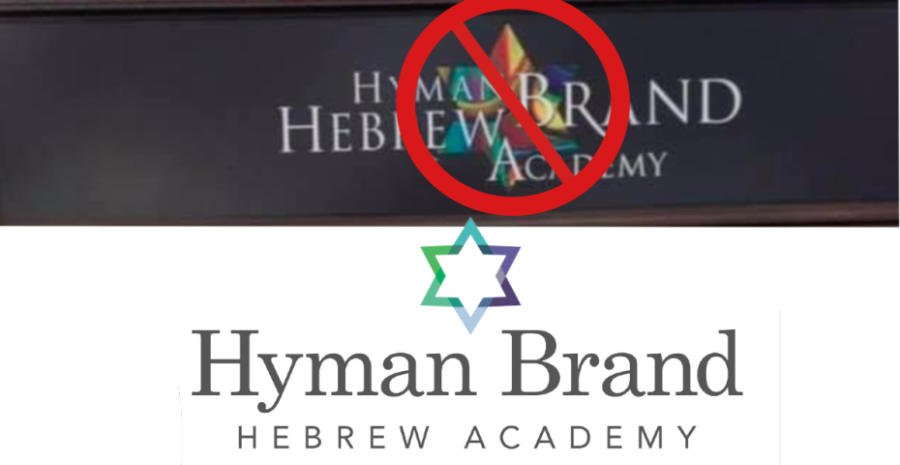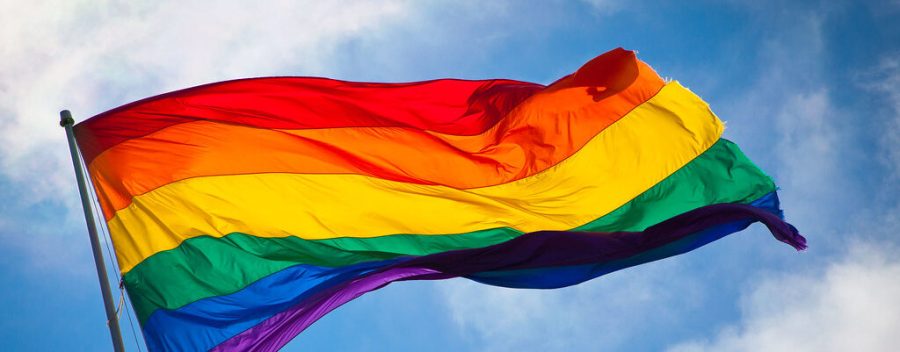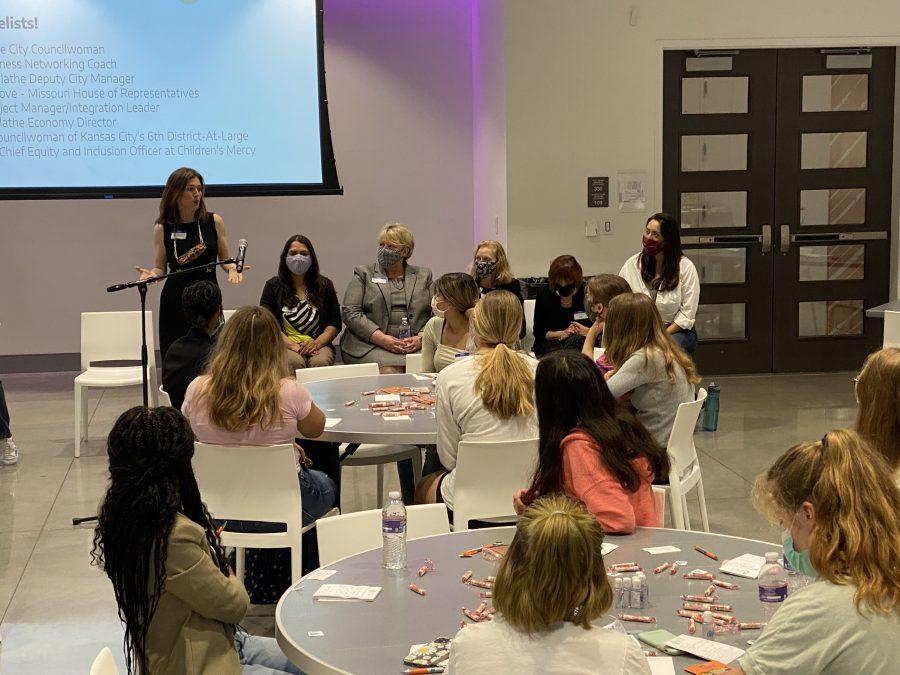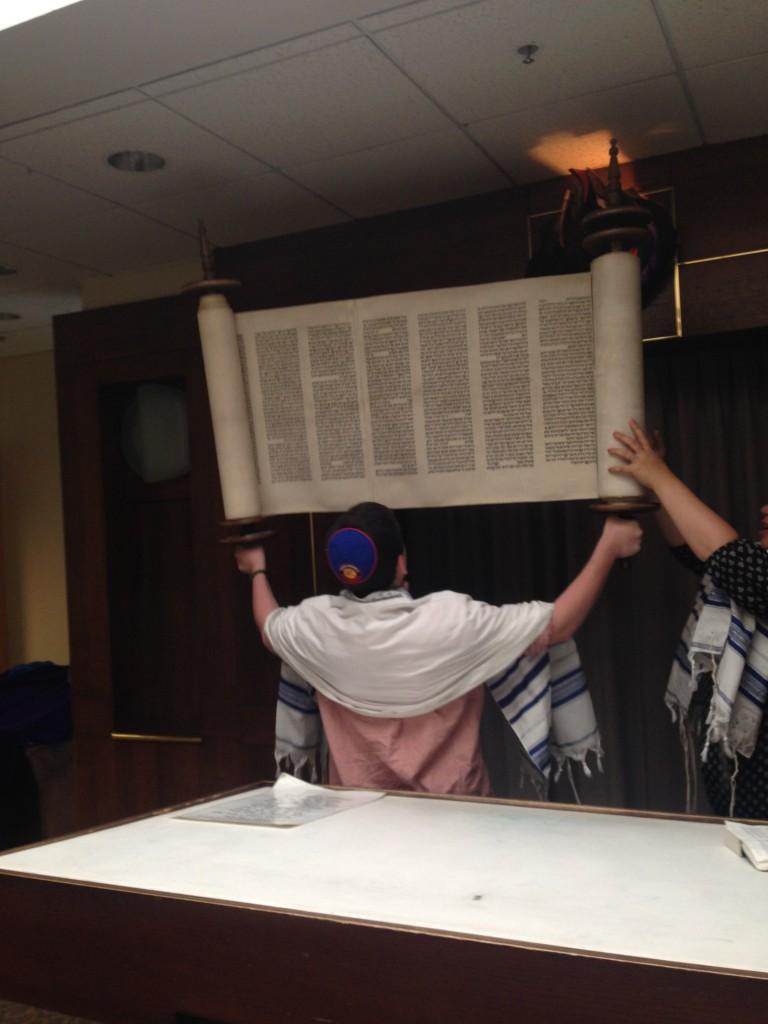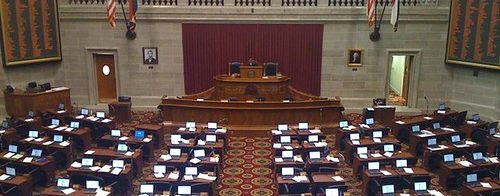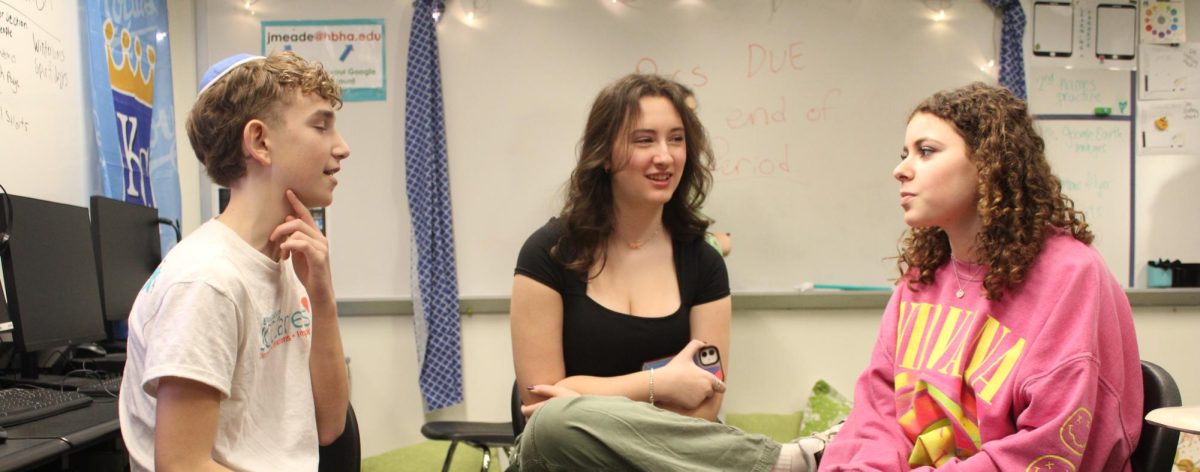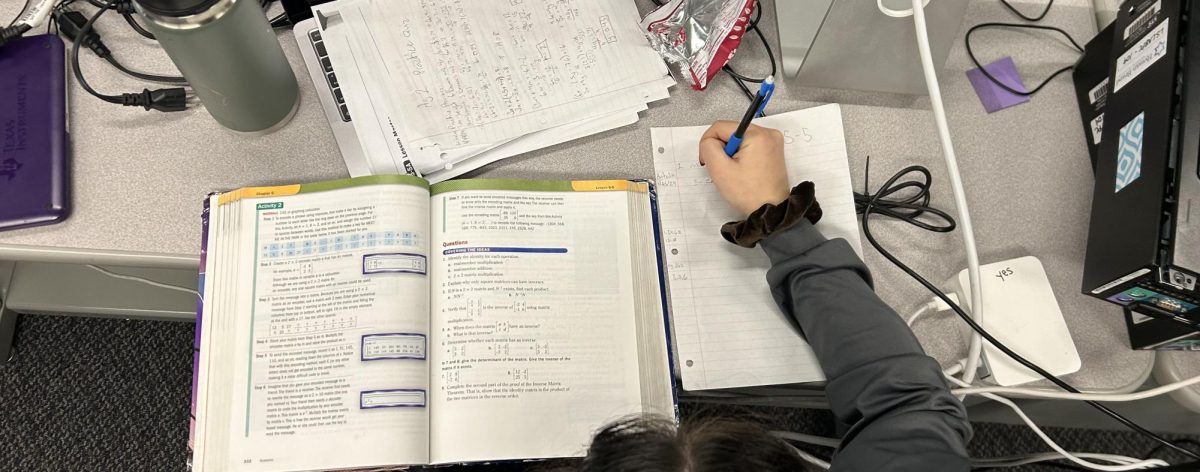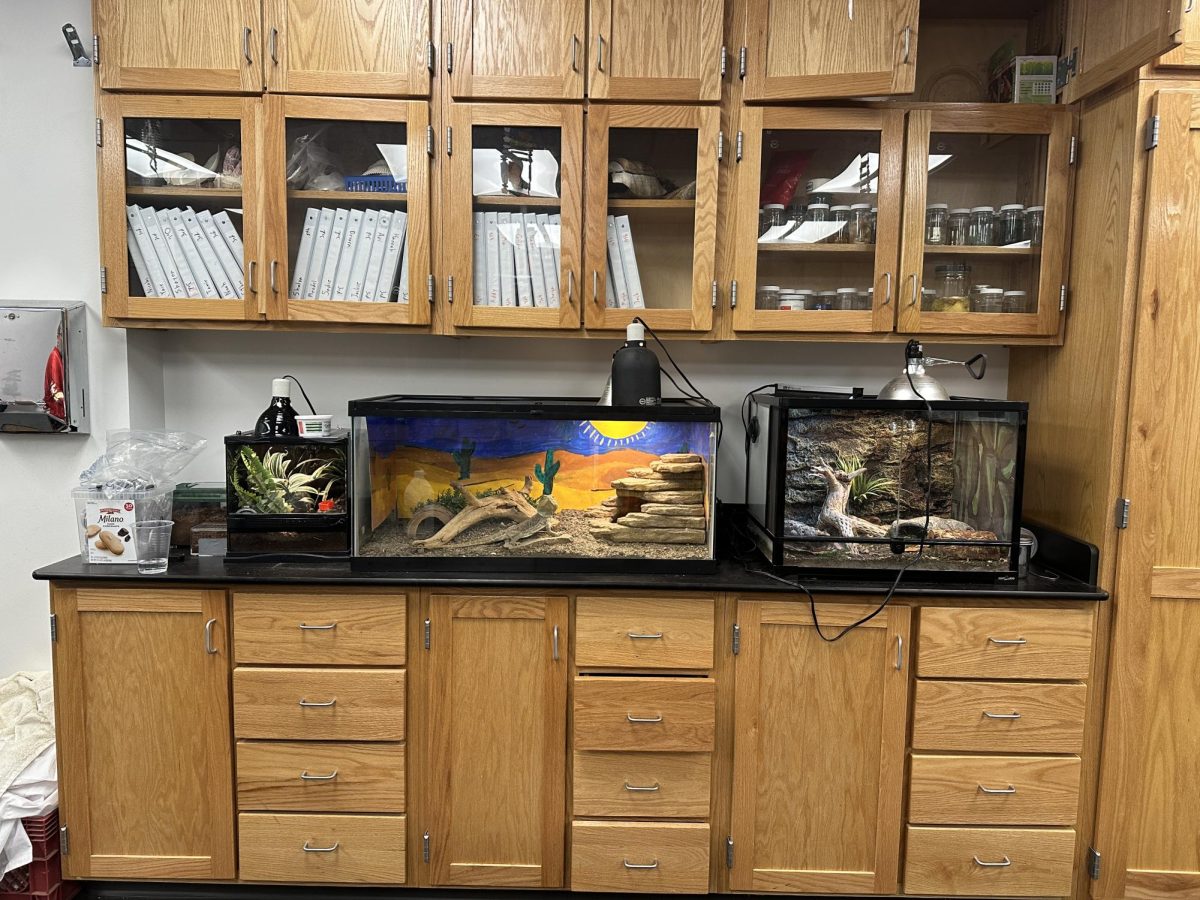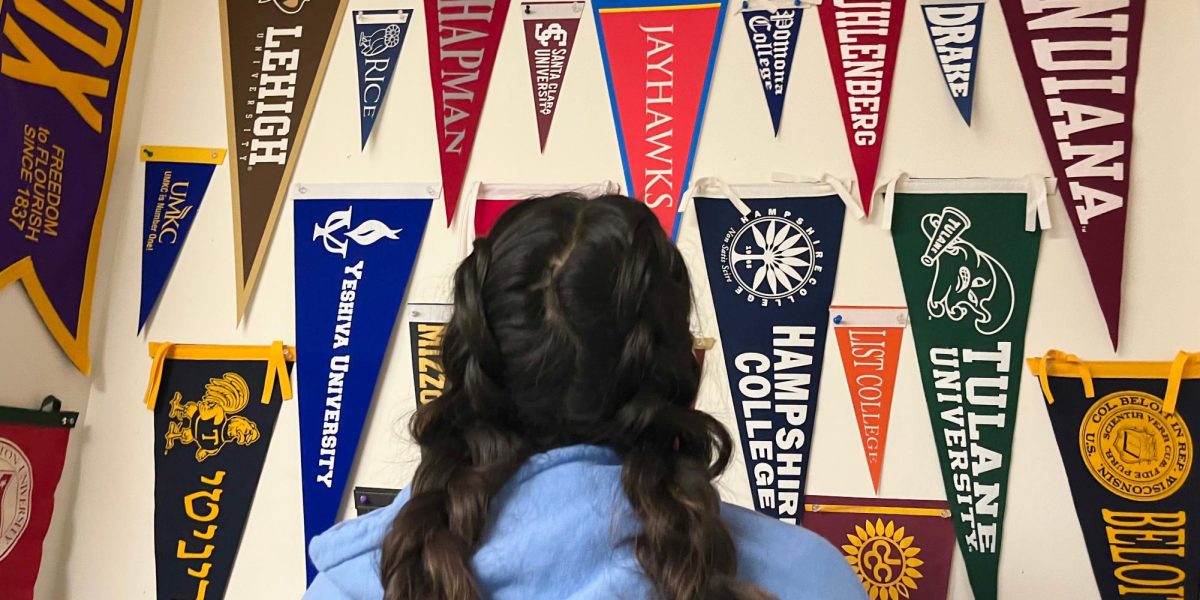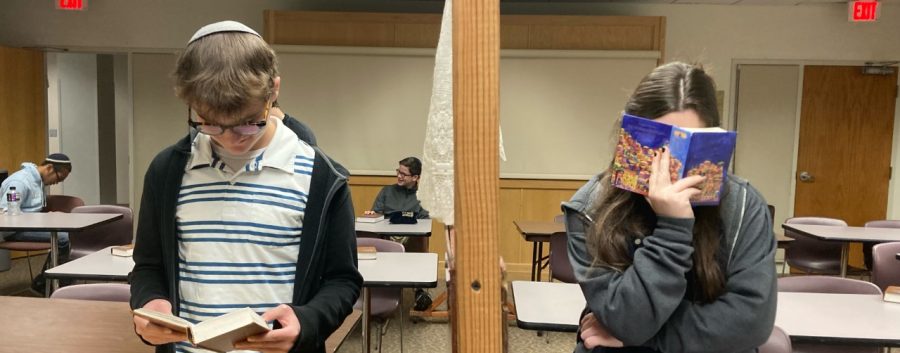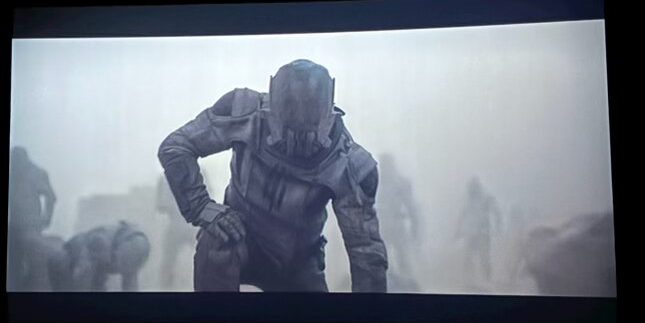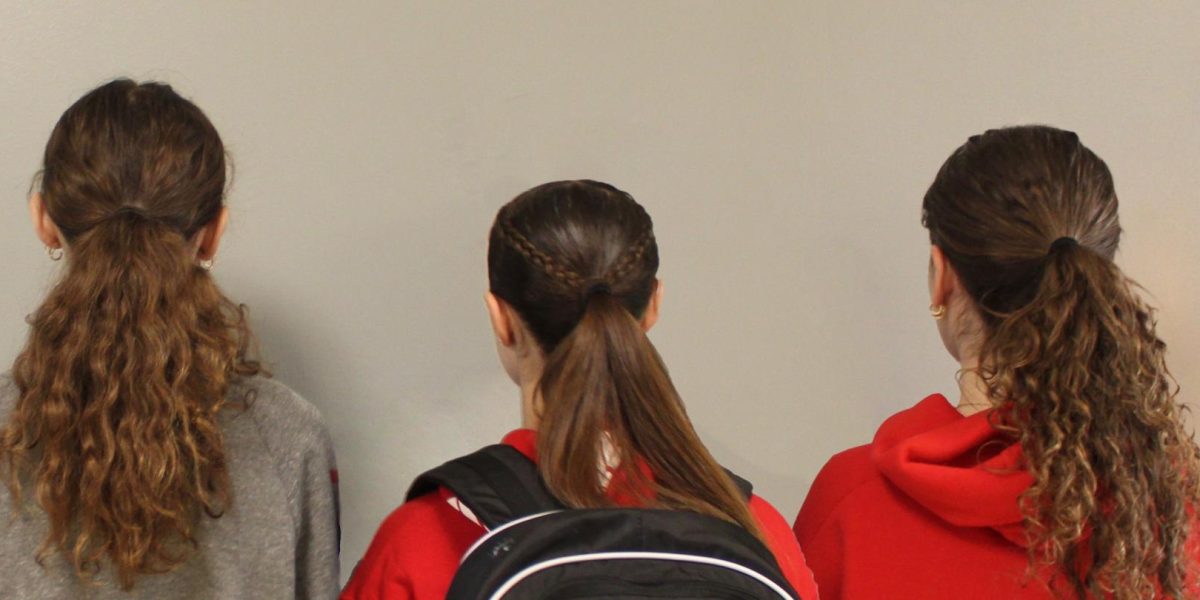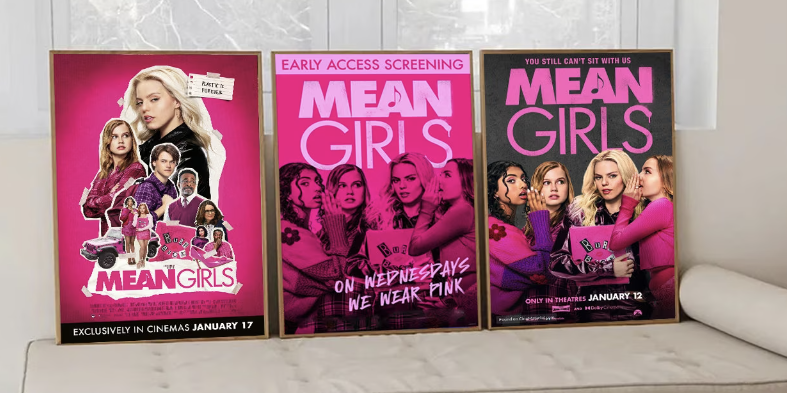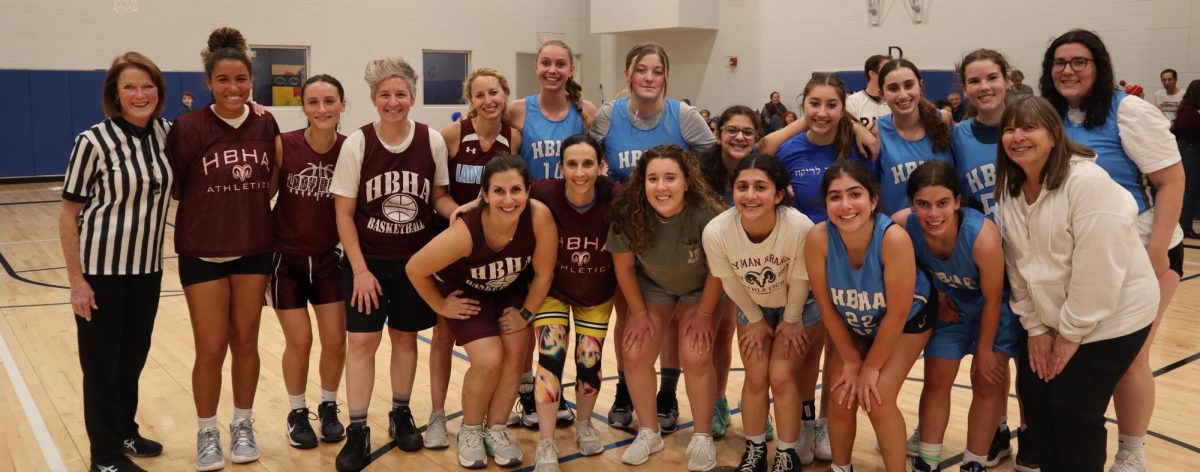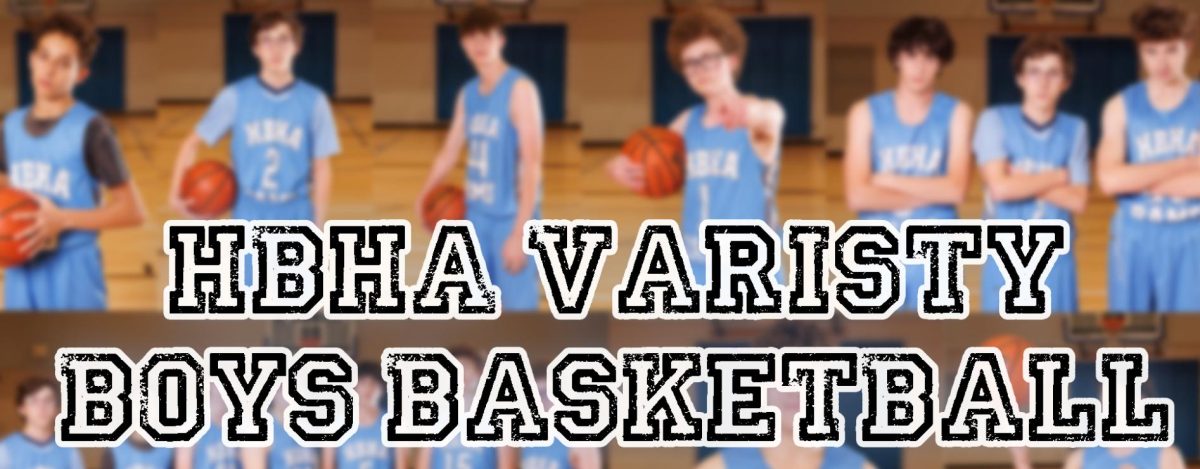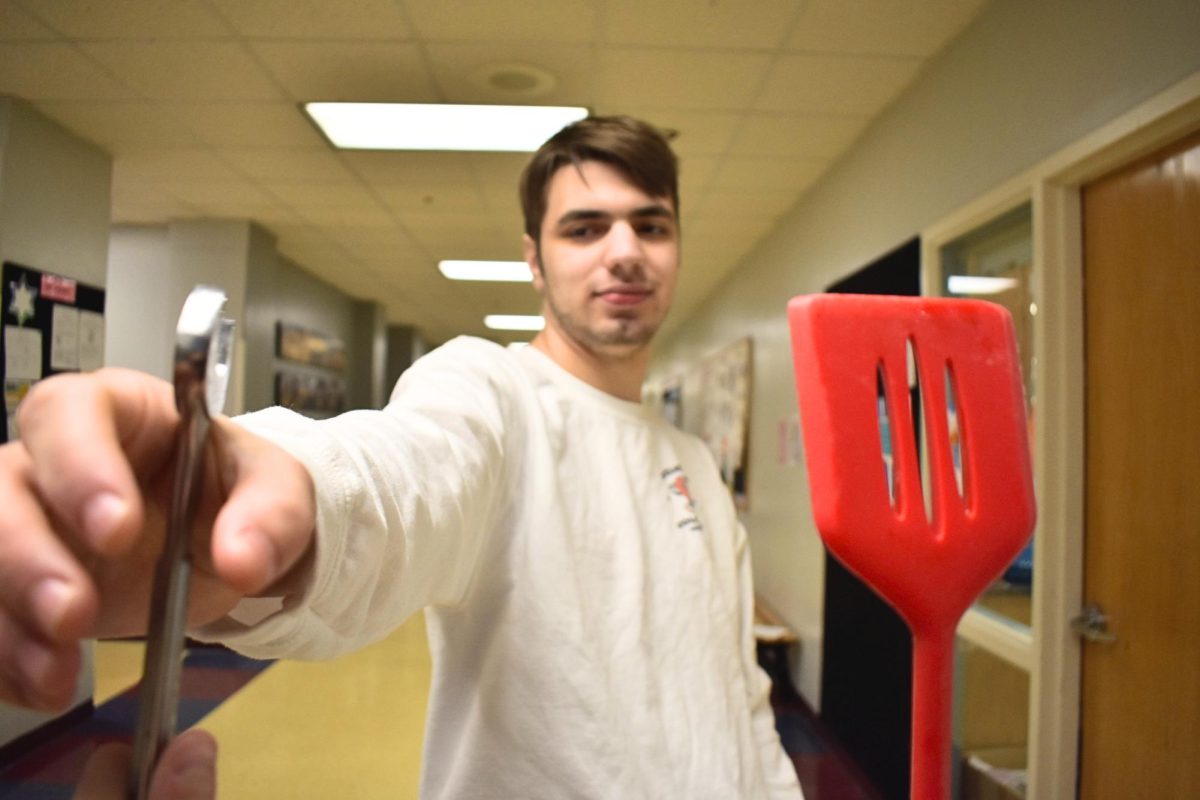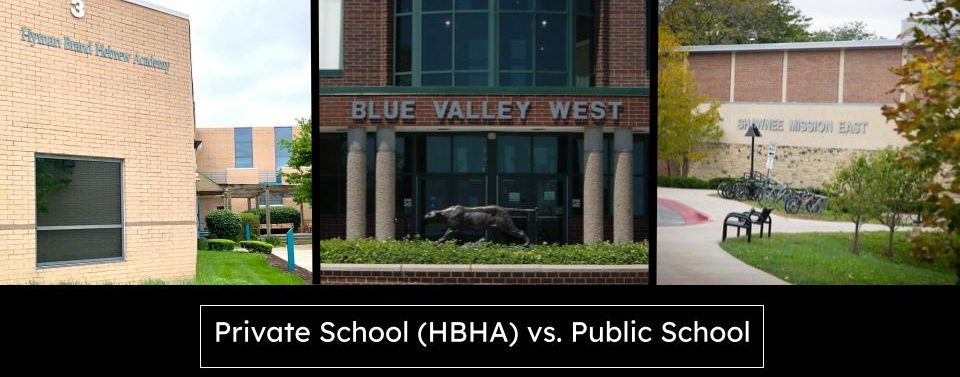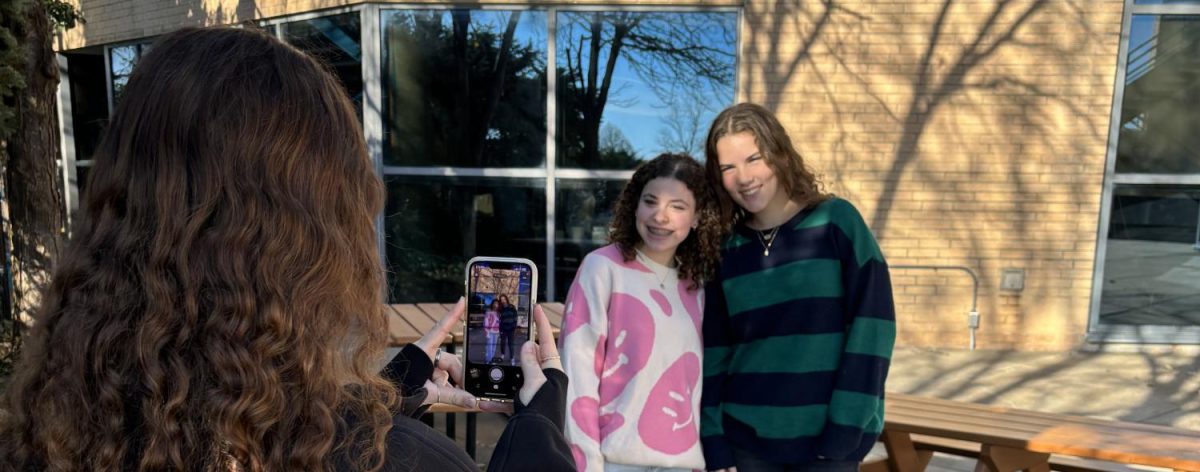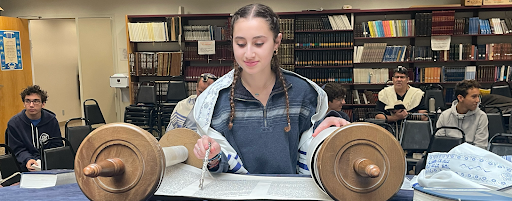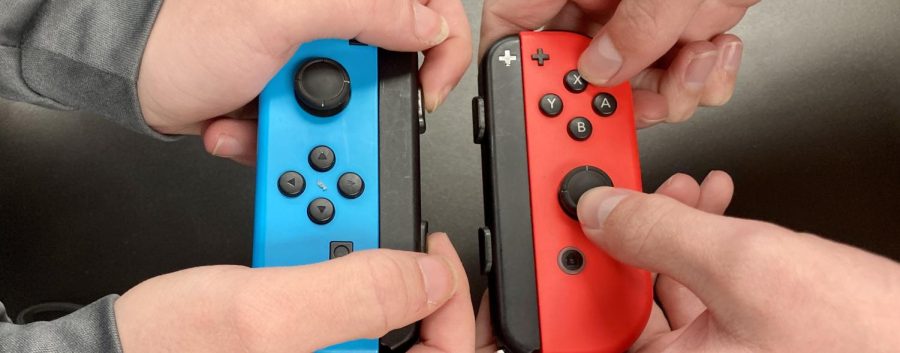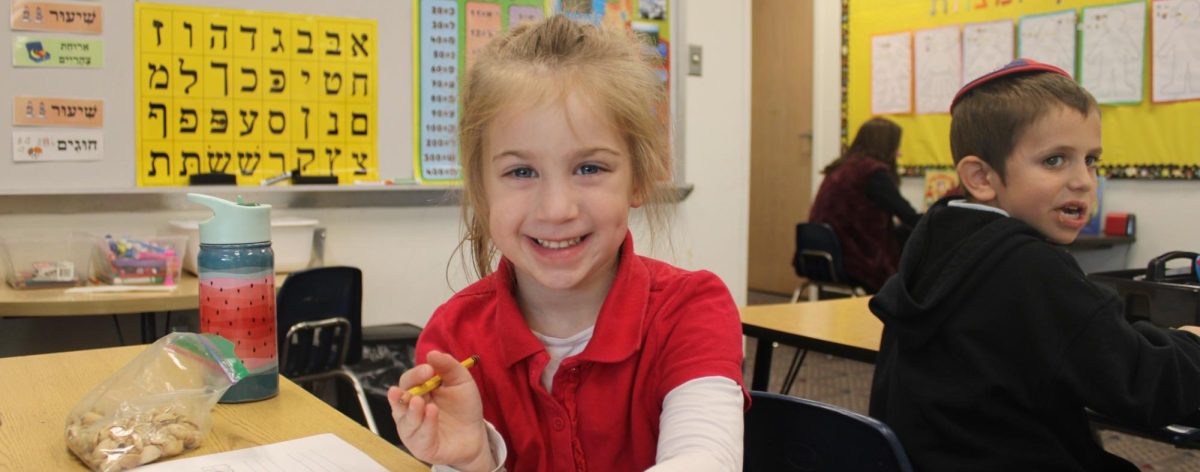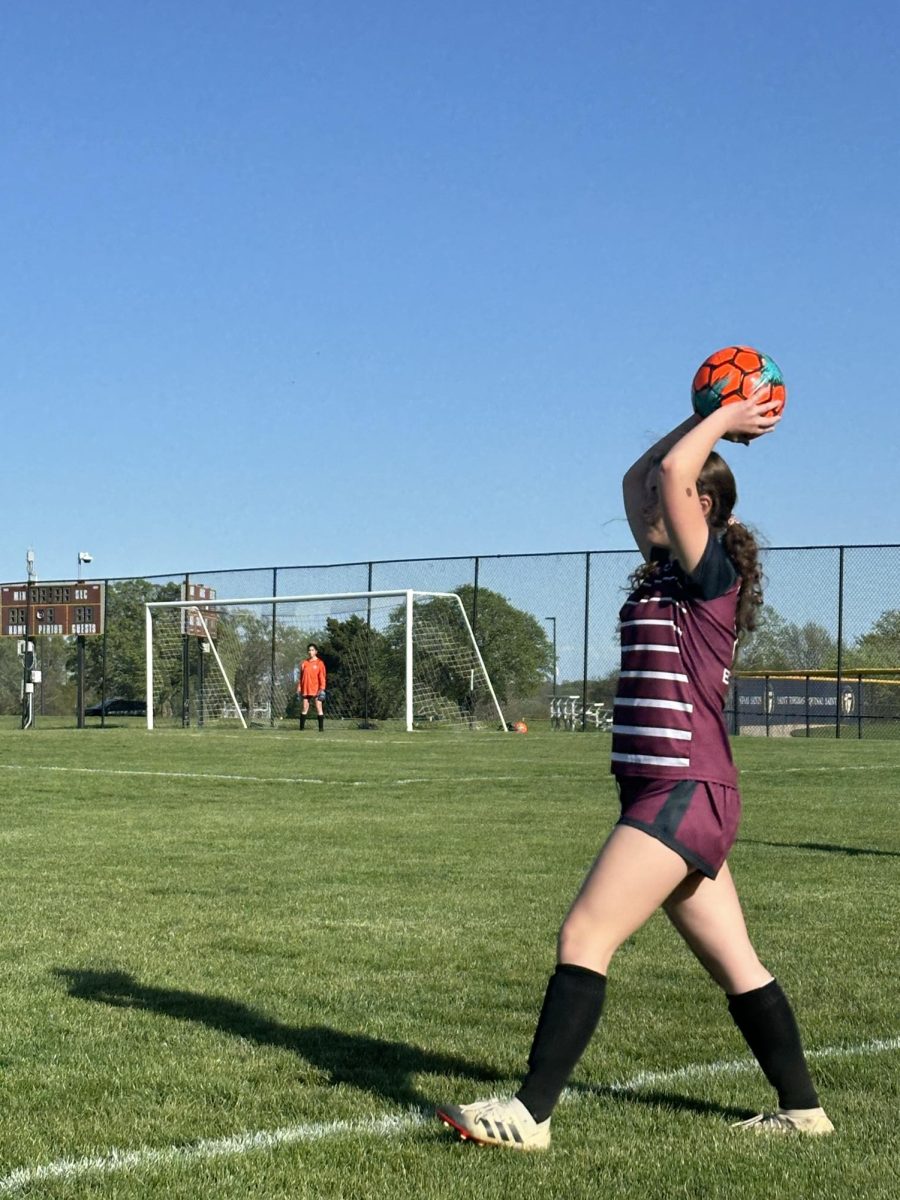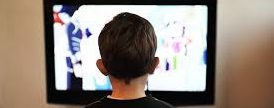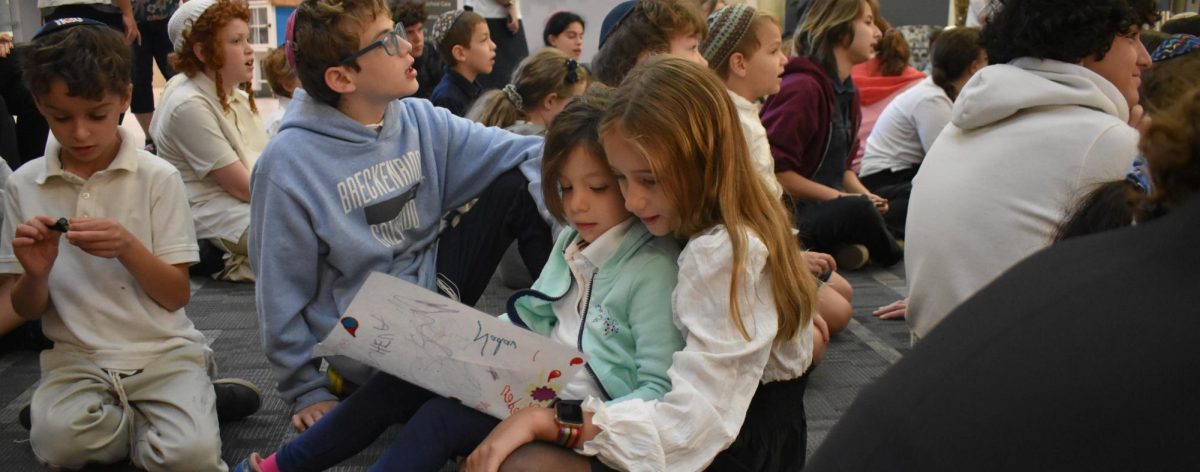The process of electing the President of the United States is a remarkable thing. Somehow this event dominates the thoughts of the country and its citizens whether or not they can vote. After four years of waiting, everyone was full of excitement and anticipation for the second Tuesday of November. But especially toward the end of the election, I had to ask myself an important question: Is the 2016 presidential election suitable for kids?
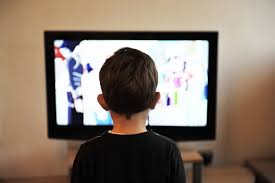
Social Studies teacher Josh Goldberg “assigned all of [his] classes to watch the first and second presidential debates,” because he “wanted them [his students] to get a handle on American politics…and that this, no matter the outcome, would be a turning point in American history.” A majority of Goldberg’s students will be voting in the election of 2020, and watching the debates was his way of preparing them to become informed voters. However, Goldberg did not assign the third debate due to the vulgar video released the Friday before the second debate on Sunday October 9th.
“There was that Access Hollywood video of [Donald] Trump and I was horrified.” Goldberg continued, “I was really horrified that the students would watch that video, and I knew some did. It horrified me that this was the state of our presidential politics and that this type of behavior is acceptable. It also raises ethical questions about politicians and role models in our country. But I do not believe in washing over things like this because it is important for students to know. I think it empowers students.”
Indeed, Goldberg was not alone in his concern. During the second presidential debate at Washington University in St. Louis, moderators Martha Raddatz and Anderson Cooper had undecided voters from the St. Louis area submit questions to the candidates. Elementary school teacher Patrice Brock asked, “The last presidential debate could’ve been rated as MA—mature audiences—per TV parental guidelines. Knowing that educators are tying the presidential debates to student homework, do you feel you are modeling appropriate and positive behavior for today’s youth?”
Neither candidate provided an answer that assured the citizen that they were an appropriate role model, which was a concern of mine while witnessing that debate.
One of Goldberg’s ninth-grade students, Tehilla Siboni, was assigned to watch the first and second debates and thought, “The debates were absolutely inappropriate even for [ninth-grade students].”
“After the second debate,” continued Siboni. “I was left with a vague feeling of alertness, surely one of them is going to win, and she/he will become our president whether we like it or not… The behavior of the candidates was so immature to the extent that they, themselves, were setting a horrid example to the thousands of kids that were watching them… My end-up feeling was that, if these were supposed to be our rulers and leaders, then boy [are we] in trouble! I was left with the feeling that one of these disputatious candidates will have to become our president, and that was scary.”

In my 16 years, I have been involved with 3 of the presidential elections: the election of President Barack Obama in 2008, the reelection of President Barack Obama in 2012, and the election of Donald Trump in 2016. Yet not until 2016 did I start to form opinions about what I think my country should be and who should be presiding over it. The election of 2016 was unlike any other election the country has seen before. With the elements of technology and social media, candidates could interact with voters more directly than ever before. However the concern about vulgarity became an issue that risked the emotional safety of young people.
I did not watch the video released by Access Hollywood about Donald Trump, but I did know what the video entailed. Not as a young girl, but as person, I felt personally victimized and unsafe by the assertions made by Donald Trump. The position of President of the United States has been built up, for me, as a role model and someone I should strive to be like. After watching the last six months of campaign media coverage across the country, I honestly asked myself, “am I even old enough to be witnessing this?”
I do think that watching the presidential debates, scanning the horizon of social media, and being an informed voter is important. The goal in mind is to educate. An election is a primary resource, and the greatest thing was that I got to be a part of it. This election was something that people will be talking about for years to come, and to know that I lived through it, is extraordinary.
So, while I do agree that this election has not been the most appropriate for younger audiences, I do think there is always something to be learned from the entire process, debates and all, and that it is a duty to one’s education to be informed about such a large event like this.
The views and opinions expressed in this article are those of the authors and do not necessarily reflect the position of HBHA’s student publication. The editorial student staff of the “Rampagewired” places the highest value on student-run journalism and responsible, free expression. The “Rampagewired” accepts unsolicited opinion pieces for its Op-Ed page from students, staff, and the community. Columns typically run 750 to 1,000 words in length. Those most likely to be published deal with timely and newsworthy issues in a well-reasoned, incisive, balanced, and compelling way, and, in the case of already well debated topics, they should present a new perspective. Contact: [email protected] or [email protected]


